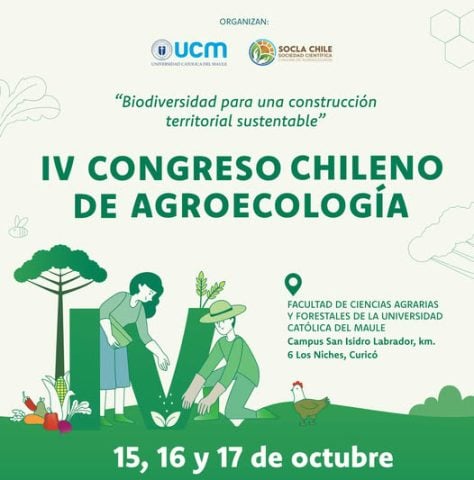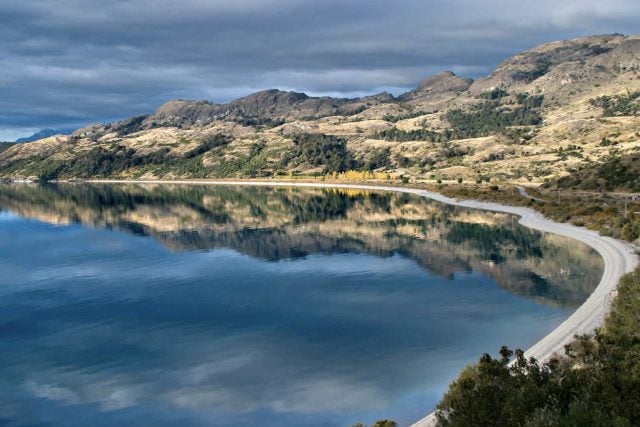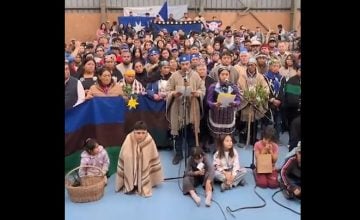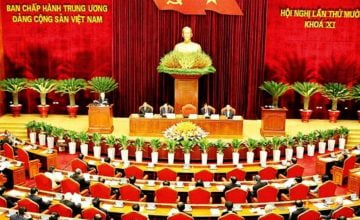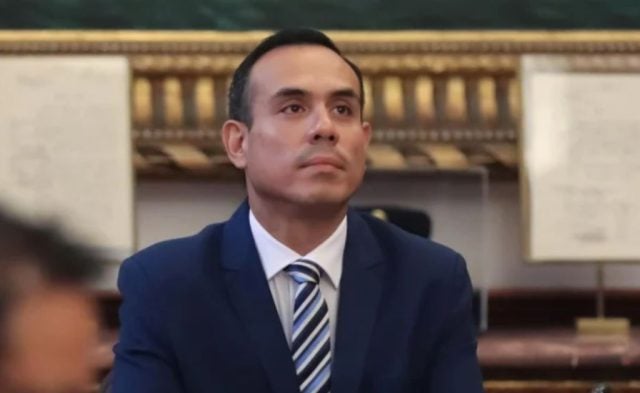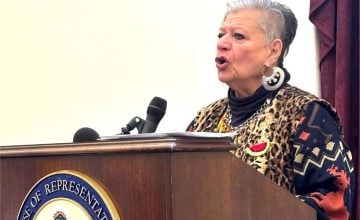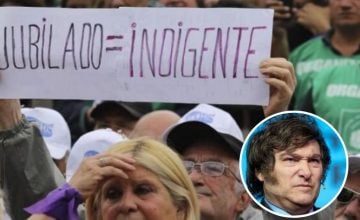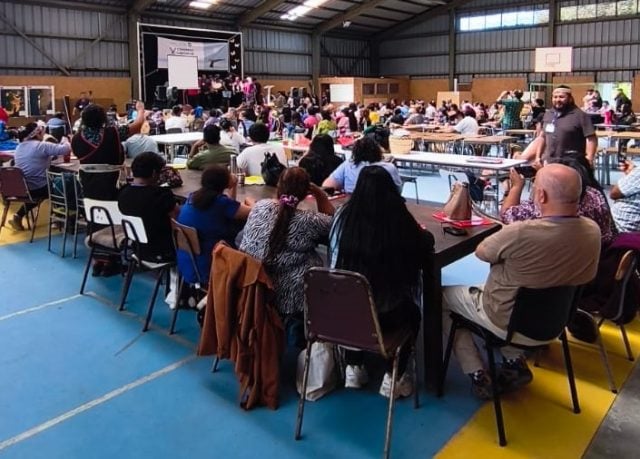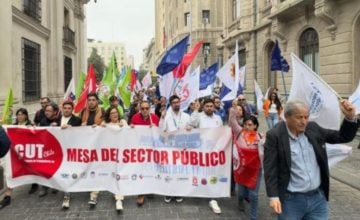\»Biodiversity for Building Healthy Territories\» is the theme of the Fourth Chilean Agroecology Congress, organized by the Chilean Scientific Society of Agroecology (Socla) and the Universidad Católica del Maule (UCM), which will take place at the San Isidro Labrador campus in the Los Niches sector of Curicó.
The event aims to rethink agriculture beyond productivity, recognizing its power to sustain life, culture, and community. In this spirit, the Congress brings together leading international and Chilean speakers, with a program featuring keynote lectures, oral paper presentations, a symposium, and dialogue roundtables.
For Socla president and University of Chile scholar Dr. Andrés Muñoz-Sáez, \»UCM’s San Isidro Labrador campus is symbolically aligned with the essence of the congress. It sits within a living rural landscape, surrounded by farming communities and local agricultural practices. That proximity to the territory allows agroecology to be experienced, not just discussed.\»
Dr. Muñoz-Sáez also emphasized the event’s decentralizing approach: \»Holding the gathering at UCM decentralizes academic reflection and brings it to the heart of rural life. It is a space where debates about sustainability, environmental justice, and education can connect directly with the Maule region’s production and social challenges. In this sense, the campus serves as a true territorial laboratory for agroecological action.\»
From UCM’s Faculty of Forestry and Agricultural Sciences, academic Dr. Ricardo Castro, chair of the organizing committee, noted that it is excellent news for the Congress to be hosted by the Faculty.
\»For our territory, it is urgent to open spaces for debate and dialogue among stakeholders in the agri-food sector and to ensure sustainable development while we restore our natural and cultural wealth. As hosts of the upcoming congress, we are very enthusiastic about participation and have prepared to welcome attendees so they can fully enjoy this important event for advancing agroecology in Chile,\» the researcher said.
Broad Perspectives and Territorial Scales
The Socla president highlighted what’s new in this fourth edition: \»Dr. Clara Nicholls Estrada (University of California, Berkeley) will open the event with a lecture on the role of agroecological knowledge in conserving biodiversity and strengthening the resilience of agricultural landscapes.\»
\»In addition, prominent figures will participate, including Dr. María Teresa Muñoz (University of Chile), who will analyze the socio-environmental impacts of pesticides used in intensive agriculture on rural health; Adriana Giraldo Sánchez, M.Sc. (Colombia), recognized for her experience in community ecological restoration; Dr. Pablo Saravia (University of Playa Ancha), a specialist in alternative food networks; and the 2025 National Humanities and Social Sciences Award recipient, José Bengoa, who will close with a reflection on territory, culture, and social justice.\»
The thematic areas to be addressed include: design, adaptation, and management of agroecological production systems; training, education, extension, and technological innovation in agroecology; peasant farming, gender perspectives, and sustainable rural development; marketing and public policy for agroecology; agroecology across territories; agroecology in the countryside and the city; and biodiversity and its importance to society.
In addition, the symposia will cover: art and culture in rural territories; biodiversity, ecological functions, and crop performance; agroecological regeneration—foundations, technical aspects, and practical experiences; and metrics for evaluating agroecology—experiences and theoretical contributions.
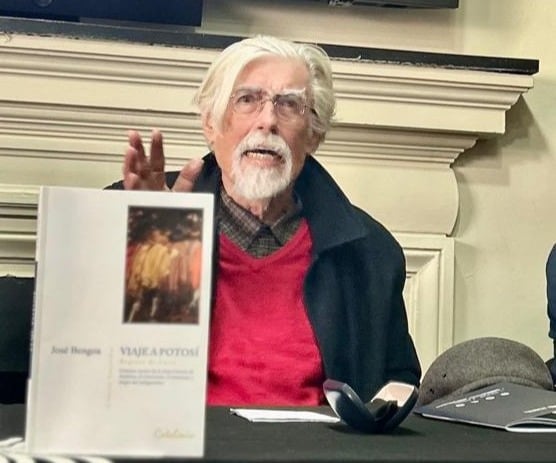
El Ciudadano
